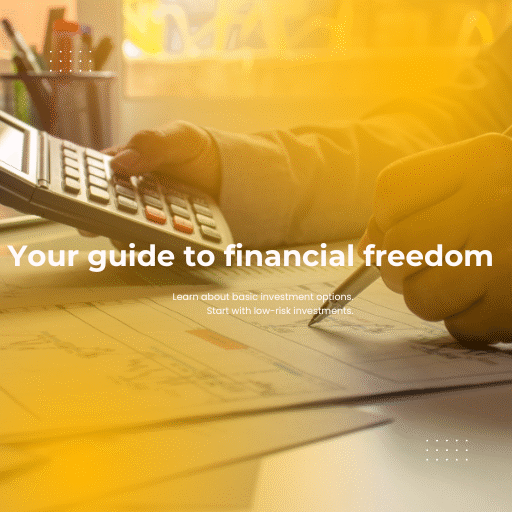In today’s fast-paced world, impulse spending has become a common problem for many individuals. The ease of online shopping and the constant bombardment of advertisements make it challenging to resist the temptation to make unnecessary purchases. However, with the right strategies and mindset, it is possible to reduce impulse spending in 2025 and take control of your finances.
One effective way to curb impulse spending is to create a budget and stick to it. By setting clear financial goals and tracking your expenses, you can better understand where your money is going and identify areas where you can cut back. Planning your purchases in advance and prioritizing your needs over wants can help prevent impulse buys.
Another helpful tip is to avoid shopping when you are feeling emotional or stressed. Emotions can cloud your judgment and lead to impulsive decisions. Take a moment to pause and evaluate whether the purchase is necessary or if it is just a fleeting desire.
It’s also important to differentiate between needs and wants. Before making a purchase, ask yourself if the item is essential or if you can live without it. Delaying gratification and practicing mindfulness can help you resist the urge to buy on impulse.
Consider implementing a waiting period before making a significant purchase. This can give you time to reflect on whether the item is truly worth the cost and if it aligns with your long-term financial goals. Shopping with a list and sticking to it can also help prevent unnecessary spending.
Avoiding situations that trigger impulse spending, such as browsing online sales or visiting shopping malls without a specific purpose, can be beneficial. Unsubscribe from promotional emails and unfollow social media accounts that encourage impulsive buying to reduce temptation.
Setting savings goals can provide motivation to resist impulse purchases. By visualizing your financial goals and the benefits of saving money, you can stay focused on the bigger picture and avoid succumbing to impulse spending.
Consider the long-term consequences of impulse buying, such as accumulating debt or hindering your financial stability. By recognizing the impact of impulsive decisions on your overall financial well-being, you can make more informed choices and prioritize financial security.
Engaging in free or low-cost activities as alternatives to shopping can help redirect your focus and reduce the temptation to spend impulsively. Pursuing hobbies, spending time outdoors, or socializing with friends can provide fulfillment without the need for excessive spending.
Seeking support from friends or family members who can hold you accountable for your spending habits can be beneficial. Discussing your financial goals with others can help reinforce your commitment to reducing impulse spending and staying on track with your budget.
Reflecting on past impulse purchases and learning from them can provide valuable insights into your spending patterns and habits. By identifying triggers and patterns that lead to impulse buying, you can develop strategies to overcome them and make more mindful purchasing decisions in the future.
Practicing gratitude for what you already have can shift your focus from acquiring more possessions to appreciating the things that truly matter in life. Cultivating a mindset of contentment and gratitude can reduce the desire for unnecessary purchases driven by impulse.
Educating yourself about consumer psychology and marketing tactics can increase your awareness of the strategies used to influence purchasing behavior. By understanding the tricks employed by advertisers, you can become more resistant to impulse buying and make more rational decisions.
In conclusion, reducing impulse spending in 2025 requires a combination of self-awareness, discipline, and strategic planning. By implementing these tips and techniques, you can take control of your finances, prioritize your long-term goals, and resist the urge to make impulsive purchases. Remember that financial stability and peace of mind are invaluable assets that can be achieved through mindful spending habits and intentional decision-making.

